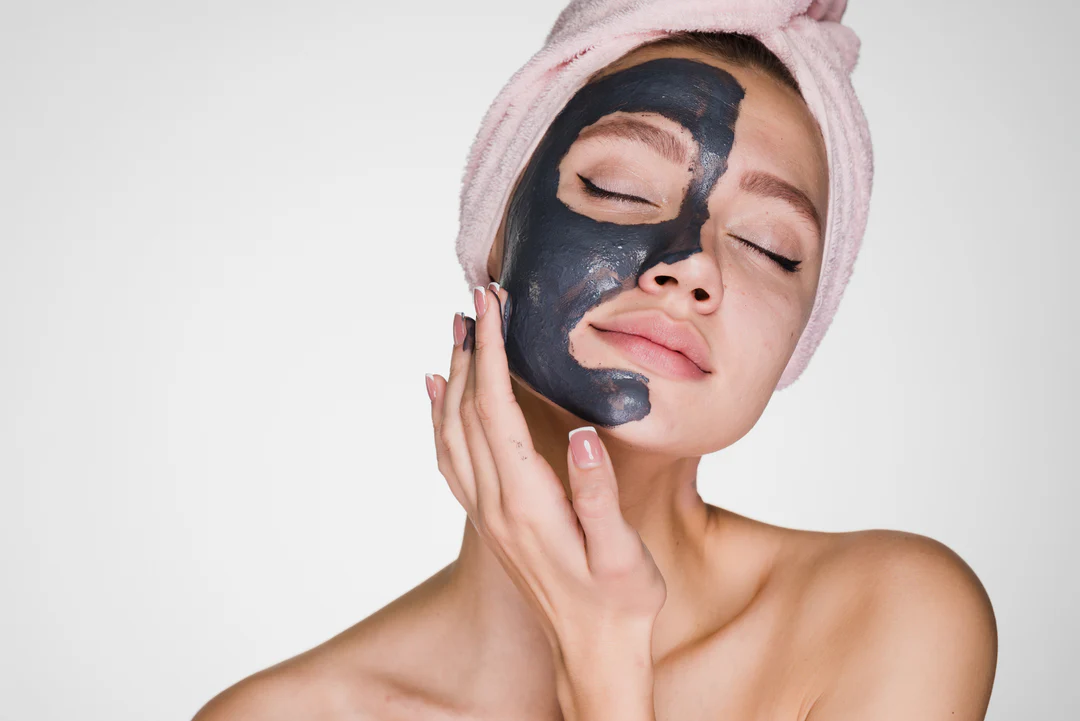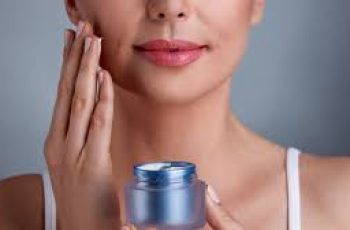
How to get rid of pimples?
Acne is a problem that everyone will experience, no matter how old they are. The most common questions people face are why they find pimples on their skin, how to get rid of them, and how to prevent more pimples in the future. Therefore, I have compiled the most common questions about pimples, hoping to answer any concerns or questions you may have about pimples. By the end of this blog post, everything will be clearer.
How can I get rid of pimples fast?
Unfortunately, there is no quick way to get rid of pimples, unless you hide them with makeup.
If you want to get rid of pimples fast, there are a few tips you should follow. Here is an overview of what to do:
Keep your hands clean and away from your face.
As we all know, popping pimples is a definite no-no, especially if your hands are not clean. I know how tempting it is to pop a pimple and get rid of it, but what you are actually doing is increasing your chances of getting more pimples. By spreading the germs from active pimples on your skin and transferring bacteria and contaminants to your face with unwashed hands. Not only will more pimples appear, but it will also cause the lesions to take longer to heal and may leave acne scars.
Use a formula designed to treat acne spots
This is one step in your daily routine that can change and work to your advantage. For example, some products can be applied all over the skin, while others are meant for topical use.
When searching for the best acne treatment formula, the best ingredients to look for are:
Benzoyl peroxide – known to be one of the best acne-fighting ingredients, it kills the bacteria that cause a lot of breakouts
Salicylic acid – the most commonly used BHA, it exfoliates and penetrates deep into the underlying layers and opens up the pores
Retinoids – highly effective ingredients that can benefit the skin, but most importantly stimulate cell turnover, promote cell removal and prevent pores from clogging.
Establish a good skin care routine
The sebaceous glands in your skin are active throughout the day, producing natural oils called sebum on the surface of the skin. Sebum is essential for maintaining skin health and balance, but depending on your skin type, it can be overproduced, leading to frequent breakouts. By establishing a good skin care routine, you will ensure that your skin stays clear and that you can more easily manage breakouts. Keep your skin clean with a cleanser that is rich in nourishing ingredients to remove makeup and other impurities. Then use an exfoliating toner with AHAs, such as glycolic or lactic acid. After cleansing your skin, you can use a hyaluronic acid serum to lock in moisture and reduce the risk of irritation. Finally, there are the final steps of a good daily routine, such as facial oils, moisturizers, and skin care masks, which can all help maintain skin clarity and help you control acne.
How can you get rid of acne overnight?
As mentioned earlier, there is no easy way to completely get rid of acne overnight. However, you can treat it with active ingredients and skin care formulas to reduce its size and relieve redness. Here are some of the best tips you can try when treating acne overnight:
Use products with salicylic acid
Salicylic acid is the most commonly used BHA and has a reputation for being effective in fighting acne. You will find that it is oil-soluble and can penetrate deep into the base layer to unclog excess sebum, bacteria, dirt, and impurities in the pores.
Use a heat press
To do this, take a clean washcloth and place it in hot water. Be careful not to make it too hot, as this can burn the skin. Keep the washcloth on the skin for 15 minutes and repeat about 3 times until the pimple drains pus and heals. Remember not to squeeze or puncture the pimple as this will only spread bacteria and damage the surface of the skin.
Use home remedies with caution
The internet is full of home remedies for treating pimples using different methods and ingredients you can find in your fridge, refrigerator or cupboard. Although these DIY videos may seem convincing, they do not guarantee that you will get the same results. Instead, choose tried and tested products, preferably those that are medically sound or scientifically proven. It is always best to consult a doctor or dermatologist before using any product or home remedy to avoid any adverse skin reactions.
How long does a pimple last?
Generally speaking, it depends on the pimple in question. Larger pimples may take up to six weeks to disappear, while smaller ones may take 2-3 days to disappear. Regardless of the size, there are things you should avoid, such as: B. Keep your fingers away from the skin, which reduces the amount of bacteria that accumulates on the skin and transfers to the surface. It is also important not to squeeze or pick at active pimples. While it may feel satisfying to pop a pimple by squeezing it, the increased risk of skin damage and spreading bacteria to your skin isn’t worth the risk of squeezing pimples. Let your skincare routine do all the work with active ingredients, reducing the appearance of breakouts and restoring your skin’s clarity.
Should you pop pimples?
Absolutely not. As you might have guessed, I have strong opinions about popping pimples, but what a terrible idea it is. While it may seem like the best idea to get rid of your skin quickly, squeezing pimples doesn’t necessarily completely solve the problem in the long run. When you pop a pimple, you’re actually pushing pus and bacteria deeper into the pore, which can cause swelling and redness. When the surface of your skin is damaged, a crust forms, often leading to permanent dents or scars, uneven texture, and other skin issues. All of this can be avoided by ignoring your pimples and not giving in to the temptation to pop them.
Is there a permanent cure for pimples?
Unfortunately, there is no magic bullet to permanently cure pimples, but there are some habits you can maintain to keep your skin healthy and clear.
Find and maintain a good and well-formulated skincare routine that contains beneficial ingredients like salicylic acid, benzoyl peroxide, and retinol.
Watch your diet. What I mean by that is, you need to know that if you eat too many sweets or indulge in takeaways, be prepared for possible breakouts.
Taking probiotics daily can help keep your skin healthy, as taking care of your gut health will have an overall positive impact on your skin.
If you have exhausted all other options, consult a doctor or dermatologist, especially if there are signs of cysts and severe acne. He can prescribe you the best standard of medical products to incorporate into your daily routine.
Here are some answers to a very popular acne question we have seen recently. We hope that this article was helpful to you, and don’t forget to follow us on our Instagram.


